After the 2002 relegation into Serie B, team fortunes fell through the decade. In 2003-04, Hellas Verona struggled in Serie B and spent the majority of the season fighting an unimaginable drop in Serie C1. Unfazed, the fans backed their team, and the team's string of wins in the final stages stopped the threat. Over 5,000 people accompanied Hellas on their way to Como on the last night of their season be a part of the celebration.
In the 2004-05 season, things appeared more promising in the eyes of Hellas. After a rough beginning, Hellas put together a run of success and rose to third position. The gialloblu kept their place until the beginning of January, which saw transfers weaken the team but they were able to win the fight for Serie A to the last day of the season.
In 2006, the Serie B seemed to start good, thanks to the club's takeover from Pietro Arvedi D'Emilei, which was the end of nine years of controversies with chairman Gianbattista Pastorello, who was heavily contested by fans during his final time at Verona. Then, Verona was immediately involved in the fight to stay in the league as Massimo Ficcadenti was sacked in the month of December by Giampiero Ventura. Even though the team improved in performance, Verona ended in an 18th position, and was forced to play a double match against the 19th placed Spezia in order to avoid being relegated. The defeat at home of 2-1 in the first leg played at La Spezia was followed by the home match being 0-0 followed by a 0-0 draw at home. Verona were dropped to Serie C1 following 64 years of playing in the top two divisions.
Verona appointed head coach Franco Colomba for the new season, with the intention to be back in Serie B as soon as feasible. But, despite being believed to be the most popular team in the division and the most popular team, the gialloblu was able to finish the season in last position. After just seven games, team management fired Colomba in October of this year and substituted him as the youth coach (and ex- Verona footballer) Davide Pellegrini. A new owner purchased the club in the final quarter of 2007 and appointed Giovanni Galli in December as director of football. In addition, he appointed Maurizio Sarri as head coach. The 2007-08 season was in its final quarter the team was still in the bottom in Serie C1, and on the edge of being relegated to the fourth division (Serie C2). As a result, the club's management dismissed Sarri and brought in Pellegrini. Due to a surge in the final weeks of the season, the Scaligeri avoided direct relegation, by qualifying for the play-off for relegation and managed to avoid relegation into Lega Pro Seconda Divisione during the last game by beating Pro Patria 2-1 on aggregate. However, in spite of the dip in performance, attendance and season ticket sales were still at around 15,000 in average.
In 2008-09, Verona hired the former Sassuolo as well as Piacenza coach Gian Marco Remondina with the intention of winning the promotion into Serie B. The season did not begin with a great start as Verona having fallen out of their playoff spot by the middle of season and Chairman Pietro Arvedi D'Emilei entering into an induced coma following his involvement in a collision with a vehicle while returning from a league game in December 2008. Arvedi passed away in March 2009, just two months following Verona was purchased by the new director Giovanni Martinelli.
The following season appeared promising, with new players who had been transferred on board, and the fans eagerly loved the new season. The number of season tickets climbed to more than 10,000, putting Verona ahead of other Serie A teams and all except Torino with respect to Serie B attendance. Verona dominated the standings throughout the season, and had seven points in the early stages into the season's spring. But, the lead was eventually lost and the team was relegated to second in the second game of the year having a chance to take back first spot at the end of the regular season game against Portogruaro at home. Verona did not however impress fans of more than 250,000 fans, and with the defeat, fell to third position and moved to the Play-Offs. A change in management for the post-season resulted in the firing of Remondina and the appointment to Giovanni Vavassori. After defeating Rimini during the semifinals (1-0; the score was 0-0) Verona lost the final to Pescara (2-2 at home as well as 0-1 during the rematch) and was relegated to another season of football in the third division.
The 90 World Cup star Giuseppe Giannini (a famous captain of Roma for a number of years) has been appointed director for 2010-11 season. Again, the team was nearly completely overhauled in the course of the transfer season. The team struggled during the beginning, and Giannini was ultimately dismissed and was replaced by the former Internazionale defensive player Andrea Mandorlini, who succeeded in reorganising Verona's team's play and brought discipline in and out of the field. In the second period of the season Verona recovered from being at the lowest of the division to get a play-off place (fifth position) on the final date of their regular season. Verona advanced into the final of play-offs following defeating Sorrento at the quarterfinals by a score of 3-1 in an aggregate. After the play-off final, in the midst of four consecutive seasons Lega Pro football, Verona were promoted in Serie B after a 2-1 aggregate victory against Salernitana on the 19th of June, 2011.
The 18th May 2013 Verona was 2nd on the 18th of May 2013 in Serie B and were promoted to Serie A after an eleven-year absence. They made their return in the highest of the league was a battle with a match against the title-chasing teams Milan and Roma and won the former with a 2-1 win, before defeating the latter by a score of 3-0. The team continued to progress at an even pace, ending the first part in the league with 32 points, being in sixth position just 11 points off the nearest UEFA Champions League spot--and tied with Internazionale for the final UEFA Europa League spot. Verona was, however, was ranked tenth for the season.
The 2015-16 season was a difficult one. Verona was unable to win any match from the start of the season, until the club beat Atalanta by a score of 2-1 on February 3, 2016 with a victory at home. It was a win that came just 23 games into the campaign. As a result, Verona were relegated from Serie A.
For the duration of year 2016-2017 Serie B season, Hellas Verona was second on the list and were then moved into Serie A. Hellas lasted one season to the highest division, after finishing second in the 2017-18 Serie A season and were moved back in Serie B. The end of the 2018-19 season Hellas placed fifth and were promoted back into Serie A after defeating Cittadella by 3-0 in the second phase of the promotion play-off. The team went on to beat them 3-2 in aggregate.
Verona's return back to top division during the 2019-20 Serie A season, in which it was seen as an extremely strong contender for relegation in the early stages of the season, was very successful, leading to the team finishing in ninth place. The team is heavily dependent on the strength of the defense of the 20-year-old center-back Marash Kumbulla, Amir Rrahmani and goalkeeper Marco Silvestri, along with the consistent performance that midfielder Sofyan Amrabat, Verona was a surprise possibility in the race for Europa League qualification but fell out of contention following an improvement in performance following the outbreak of coronavirus that briefly halted the season. A 2-1 victory at home against eventual title holders Juventus during February proved to be the high point of a campaign in which the club recorded 10 clean sheets and pushed towards the top of the table despite a small budget.
As Verona entered its second consecutive season with Serie A, key players Amrabat, Rrahmani and Kumbulla were taken from Fiorentina, Napoli and Roma respectively, as well as on loan Matteo Pessina returned to Atalanta. This resulted in the club having a the squad severely weakened and was predicted to be struggling in the league before the opening match of the season. Despite the losses during the transfer window Verona was able to finish in the top quartile in the table of league standings, finishing the season 10th having scored 45 points. The breakout seasons of midfielder and attacker Mattia Zaccagni who was later invited to the Italian national team in a way to reward his efforts along with wingbacks Federico Dimarco and Davide Faraoni and Davide Faraoni, are the main reasons for this success. In the final stages in the campaign, the coach Ivan Juric was appointed by Torino following his two stunning Serie A seasons with Verona and the Gialloblu team replacing him with Eusebio Di Francesco.
After another summer transfer window during which many of Inter's top players were traded to Serie A rivals, namely Zaccagni moving from Lazio, Marco Silvestri to Udinese and Dimarco returning to Inter The start in the season 2021-22 proved be a lot more challenging for Verona and its players, since Di Francesco was fired and substituted by Igor Tudor after just three games, which were losses. The poor start to the season has left the club in the bottom position of the list. Under the direction of Tudor the team has regained their competitiveness, securing in the following eight matches , three wins including wins against Lazio and Juventus with four draws, and one loss.



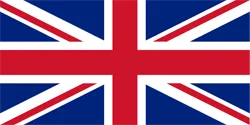 ENG
ENG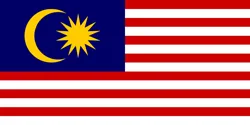 MYS
MYS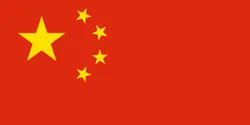 简体中文
简体中文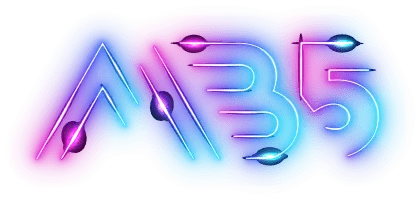
















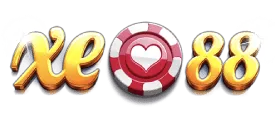

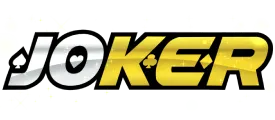


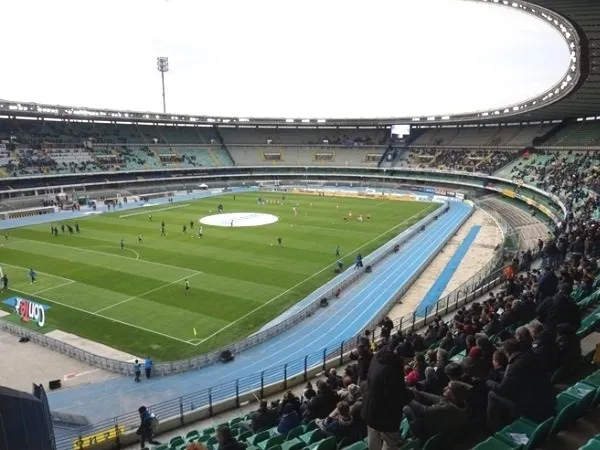
 10 (1929, 1958, 1974, 1979, 1990, 1992, 1997, 2002, 2016, 2018)
10 (1929, 1958, 1974, 1979, 1990, 1992, 1997, 2002, 2016, 2018) 10 (1957, 1968, 1975, 1982, 1991, 1996, 1999, 2013, 2017, 2019)
10 (1957, 1968, 1975, 1982, 1991, 1996, 1999, 2013, 2017, 2019)